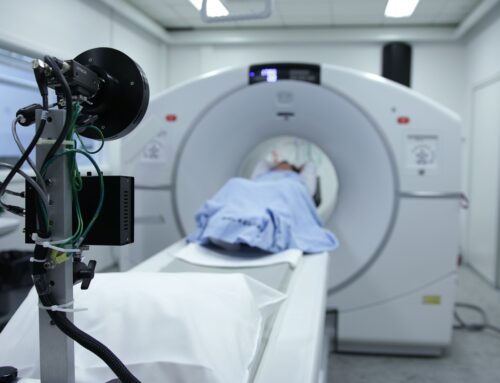As we have discussed in earlier blogs, negligence can occur in a wide range of situations. To review, general negligence is defined as the failure to execute one’s duties with a prudent and expected degree of care. Someone who is negligent has proven to be careless when performing their assigned duty. It is important to reiterate that negligence never involves a person inflicting intentional harm.
Medical negligence, then, occurs when an injured party believes that they have received substandard care from a medical professional.
Medical negligence can include misdiagnosis, incorrect treatment or mistakes made during surgery.
A medical negligence claim involves a patient suing their medical practitioner, their practice, or the hospital for compensation and damages which occurred due to medical negligence.

Important Facts about Medical Negligence
A claimant is required to prove that the medical care provided fell below the expected standard of a competent medical professional. They will also have to show that this substandard care resulted in damage to their health which would not have otherwise occurred.
The “statute of limitations” is essentially a deadline. The person suing must file a medical malpractice lawsuit against a health care provider within a set timeframe. The statute law in Florida generally requires a claim to be filed within two years of discovering the injury or, at the latest, four years from when the malpractice occurred.
These are general guidelines with caveats and exceptions, so it is important to notify a qualified medical malpractice attorney as soon as you suspect malpractice has occurred.
Successfully recovering damages from a medical negligence claim involves a complex process. The patient is required first to provide evidence which establishes the accepted standard of care, then to prove exactly how that standard was “breached.”
However, proof that there was a mistake is not solely sufficient to recover damages. The patient must bed able to prove that the medical practitioner’s negligence directly caused the harm which they are claiming.
Common Examples of Medical Negligence
Misdiagnosis or Delayed Diagnosis: If a doctor incorrectly diagnoses an illness, the patient’s required care is delayed or never applied. This can result in further damage, illness or even death. <li>
Incorrect Medication: Medical negligence can occur if the doctor prescribes the wrong medication, the right medication in the wrong dosage, or a medication which interacts negatively with a patient allergy or current medication. It is important to note that miscommunication may occur with the nurse or pharmacist, so the doctor may not be the party at fault. A competent medical malpractice attorney can help to discover at what point the negligence occurred.
Anesthesia Administration: Mistakes made during anesthesia administration can result in permanent brain damage or death. If an anesthesiologist fails to take into account a patient’s complete medical history, doesn’t advise the patient as to associated risks, utilizes faulty equipment or wrongly administers the anesthesia, a medical negligence claim may be appropriate.
Surgical Mistakes: Medical negligence cases often originate from mistakes made during operations and surgeries. This may include leaving surgical tools in the body, accidentally harming another organ, or negligence in post-op care. Surgical mistakes are exceptionally serious and can cause serious complications. If you suspect something is wrong, speak to another doctor immediately.
If you feel that you have been the victim of negligence which has caused unnecessary damages, don’t go it alone. As these types of lawsuits can be complicated, call a professional medical malpractice lawyer from Probinsky & Cole to represent you as soon as possible.







